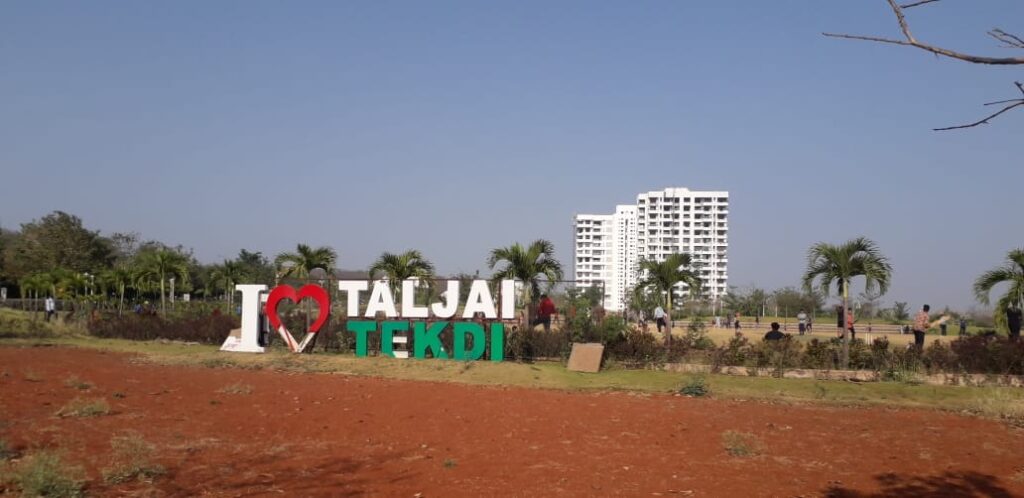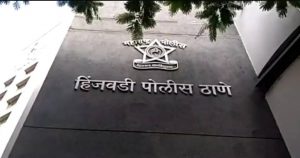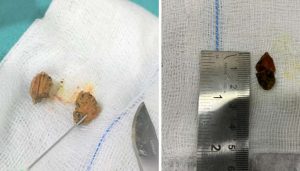Health Sector Annual Savings Of Rs 100 Crore For Pune If SAFAR Advisories Followed: Study

Pune, 2nd December 2021: The Union Earth Sciences Ministry’s System of Air Quality and Weather Forecasting and Research (SAFAR), which was recently recognized internationally for being the first indigenously developed air quality forecasting framework for major non-attainment cities in India, has added another feather to its cap.
According to recent research published in an international peer-reviewed publication, following SAFAR’s advisories and precautions saves citizens of Delhi roughly Rs. 1096 crores per year and Pune approximately Rs. 100 crores per year. This might pave the way for SAFAR services to be replicated across the country, reducing healthcare costs for citizens. The study is significant because economic consequences are critical for the social acceptability of mitigation methods as well as creating and implementing air pollution abatement and health policies.
According to SAFAR’s founder project director Prof. Gufran Beig, the SAFAR framework’s outreach and awareness model can save the health sector an average of Rs 1096 crores in Delhi and Rs 100 crores in Pune each year, even if only 5 percent of the total population suffering from air pollution-related ailments uses SAFAR advice and precautions.
“Our findings support the notion that public knowledge and early warning remain critical components of health and economic growth. SAFAR is credited with saving 11-14 percent of total money spent by residents afflicted by air pollution, according to this research,” said Prof. Beig.
The results of this framework are intended for people, decision-makers, and academics, which are published today. The SAFAR team comprising Suvarna Tikle, Ishika Ilme, and Prof. Beig authored the research paper titled ‘Impact of SAFAR Air Quality Forecasting Framework and Advisory Services in Reducing the Economic Health Burden of India’ in the international journal ‘Regional Economic Development Research‘.
The cost-savings in pulmonary (Asthma, chronic obstructive pulmonary disorder – COPD, and other associated diseases) diseases linked to air pollution have been considered in this study. The economic benefit of SAFAR outreach attributed to prevention by intervention through an early warning based on a probabilistic scenario adopted in this research for two contrasting urban cities in India, namely Delhi (highly polluted) and Pune (less polluted), to understand the benefits and relative differences in cost, for the period 2011-2020.
A crucial finding documented in this research indicates that the yearly average total cost of all ailments caused by air pollution in Delhi and Pune is around Rs 7,694 crores and Rs 948 crores, respectively. Allergic rhinitis OPD treatment costs the highest (Rs 1,449 crores), followed by asthma (Rs 1,001 crores), and COPD (Rs 514 crores) in Delhi, all of which have grown significantly over time.
“If we can raise awareness from 5% to 10% of the population and get more people to take measures based on SAFAR’s 3-day early warning system in easy steps on bad air quality days, the benefit would be quadrupled, reaching 2192 (Delhi) and 200 (Pune) crores in a year,” said Beig.
The SAFAR framework has served the nation for over a decade now and has considerably aided in raising public awareness about air quality in four Indian cities – Delhi, Mumbai, Pune, and Ahmedabad – where it is used. SAFAR was established in Delhi in 2010.
As air pollution also affects many other sectors like agriculture, aviation, infrastructure, tourism, etc, there is a need to understand the economic benefits associated with these sectors in the future, concluded Beig.





